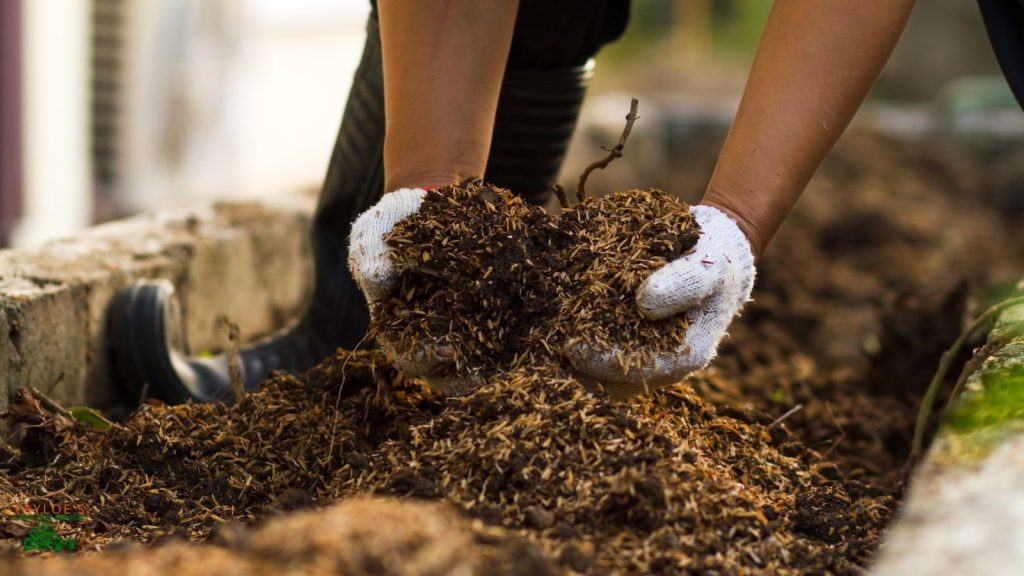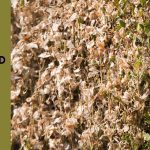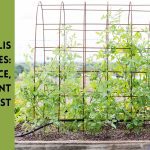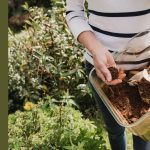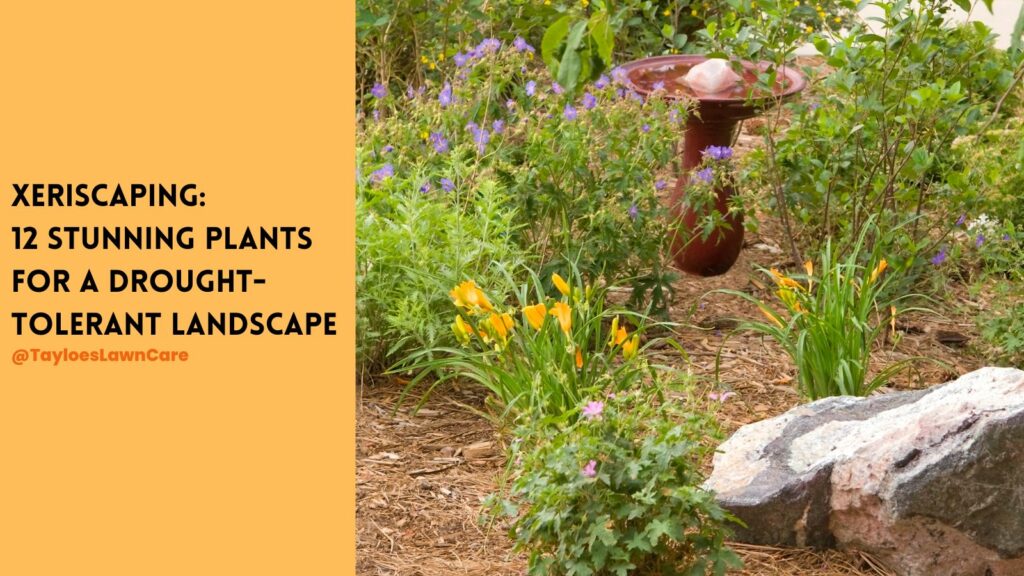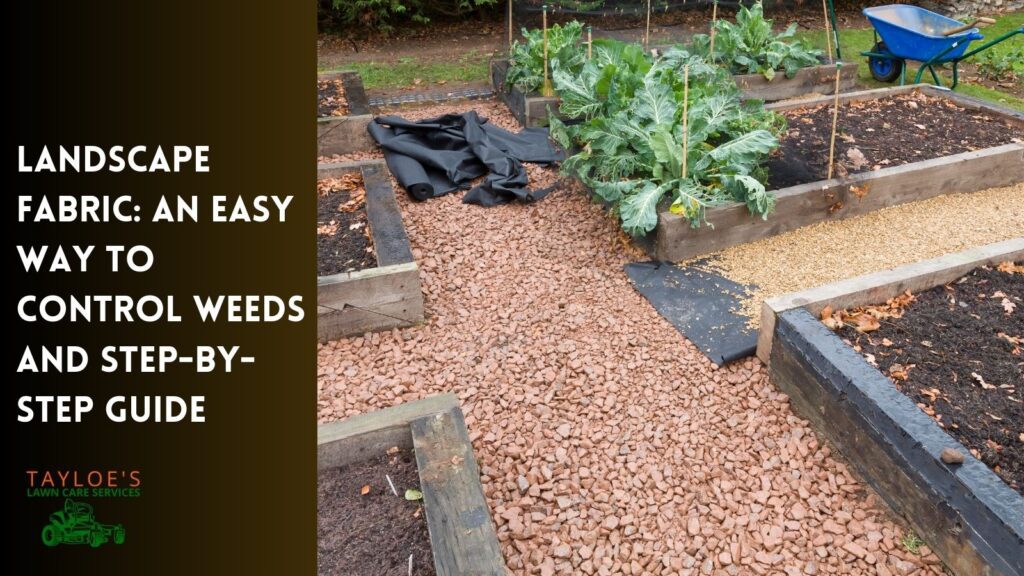Last Updated on: 8th November 2024, 07:05 am
Fall leaves make an excellent base when starting a compost bin.
As the leaves begin to tumble from the trees, many of us see a chore ahead. But what if we told you that you should compost leaves? In fact, this practice could be the key to a thriving garden next year.
That’s right, it’s time to “fall” in love with leaf composting!
10 Reasons to Compost Leaves Instead of Trashing Them
If you had never considered composting fall leaves, here are ten compelling reasons to give it a try:
- Eco-Friendly: Composting leaves reduces the need for synthetic fertilizers, promoting a healthier environment.
- Rich in Nutrients: Leaves are packed with essential minerals that enrich the soil.
- Improves Soil Structure: Composted leaves enhance soil aeration and prevent soil compaction.
- Water Retention: Leaf compost helps the soil retain moisture, reducing the need for frequent watering.
- Cost-Effective: Why buy compost when you can make it for free?
- Reduces Waste: Composting leaves means fewer bags destined for the landfill.
- Natural Pest Control: Leaf compost can deter certain pests from your garden.
- Promotes Beneficial Microorganisms: Healthy soil teems with life, and leaf compost encourages beneficial microbes.
- Balances Soil pH: Leaf compost can help neutralize overly acidic or alkaline soils.
- Fights Erosion: Composted leaves can prevent soil erosion, protecting your landscape.
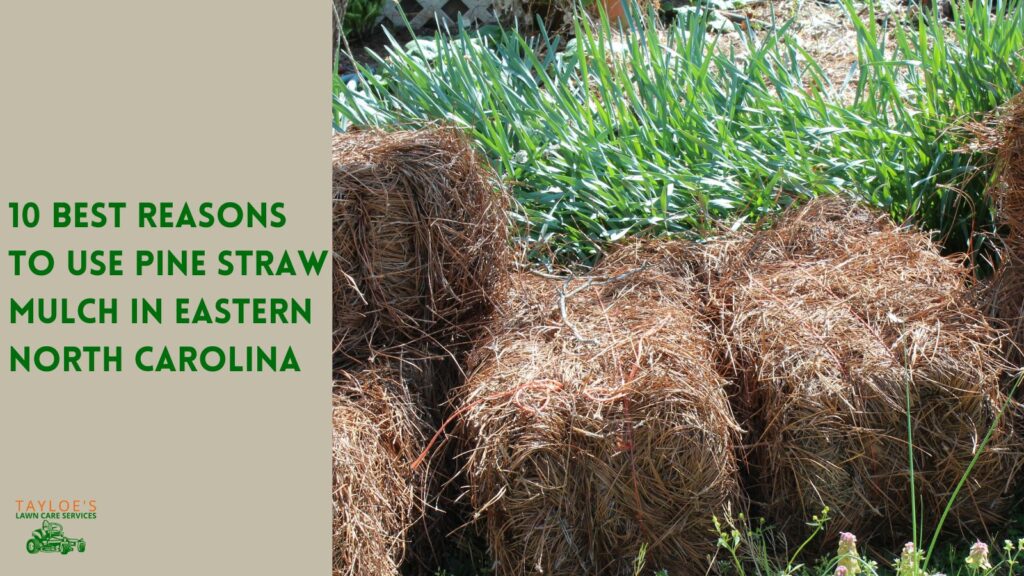
Why Leaves Make the Best Base for Compost
Leaves are nature’s gift to gardeners. They decompose relatively quickly, and as they break down, they release a wealth of nutrients into the compost. Their carbon-rich nature balances the nitrogen from green materials, creating a harmonious blend that’s just right for composting. Moreover, their structure allows for good airflow, preventing the compost from becoming too dense or waterlogged.
How to Compost Leaves: A Step-by-Step Guide
- Gather Your Materials: Collect fallen leaves, preferably shredded to speed up decomposition. You’ll also need green materials like grass clippings or kitchen scraps.
- Choose a Compost Bin: Ensure it has proper ventilation, whether it’s a purchased bin or a DIY wooden crate.
- Type of Leaves: Some leaves decompose faster than others. For example, maple and ash leaves break down relatively quickly, while oak and holly leaves take longer due to their tougher structure.
- Shredding: Shredding or breaking down the leaves into smaller pieces will significantly speed up the decomposition process
- Layering: Start with a 6-inch layer of leaves at the bottom. Add a 2-inch layer of green materials on top. Repeat until the bin is full.
- Maintain Moisture: The compost should be as damp as a wrung-out sponge. Water occasionally if it becomes too dry.
- Turn the Pile: Every week, turn the compost to introduce air, which aids decomposition.
- Monitor Temperature: A warm compost pile indicates active decomposition. If it cools, it might need more green materials or moisture.
- Harvesting: In as little as six to eight months, the bottom of your pile should be dark, crumbly, and sweet-smelling compost, ready for use.
Other Materials You Can Include in Composting
- Fruit and vegetable scraps
- Eggshells (crushed)
- Coffee grounds and filters
- Grass clippings
- Manure (from herbivores like cows or chickens)
- Straw or hay
- Green plant cuttings
Materials to Avoid
- Meat, bones, or fish scraps
- Dairy products
- Diseased plants
- Weeds with seeds
- Pet wastes
- Anything treated with pesticides
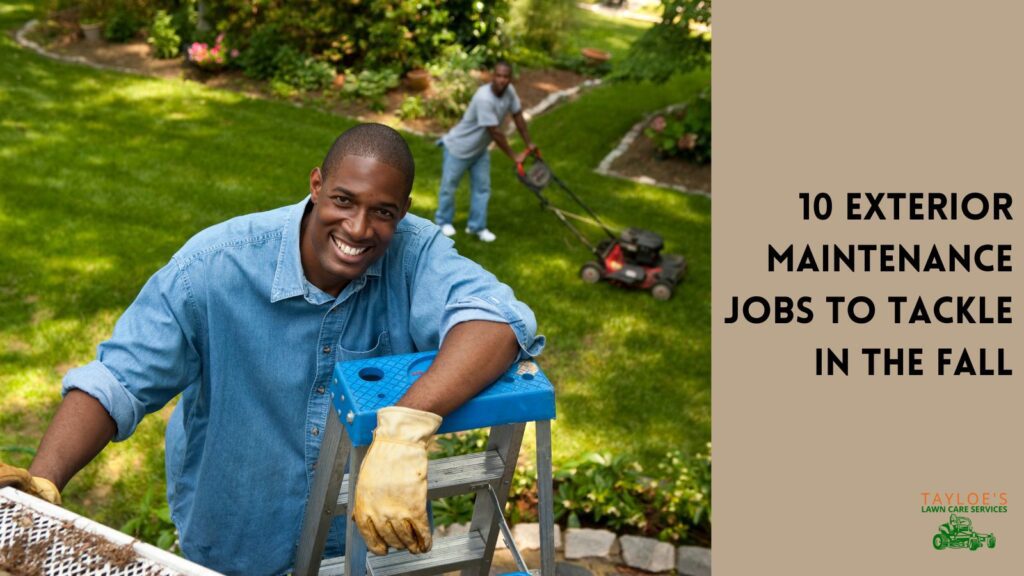
The Takeaway: Compost Leaves in the Autumn for Healthier Soil Next Year
Composting with leaves isn’t just a sustainable choice; it’s a gift to your garden. As you watch the leaves fall this season, remember their potential. And if you ever need advice or assistance with your lawn, don’t hesitate to reach out.
Stay Connected! Follow us on Facebook for more landscaping, lawn care, and gardening tips and tricks. Call or text Tayloe’s Lawn Care Services at 252.287.3376 for any lawn care needs. We’re here to help your garden grow! 🌱
Author Profile

- Deborah Tayloe is the CEO and co-founder of Tayloe's Lawn Care Services, LLC. She has a B.S.Ed and holds certificates in soil and water management and herbology from accredited programs.
Latest entries
 Trees and ShrubsApril 22, 2025Boxwood Blight: Early identification and isolation
Trees and ShrubsApril 22, 2025Boxwood Blight: Early identification and isolation Flower GardenApril 8, 2025John F. Kennedy Rose: Hybrid tea rose with elegant white blooms
Flower GardenApril 8, 2025John F. Kennedy Rose: Hybrid tea rose with elegant white blooms Vegetable GardenMarch 24, 2025Trellis vegetables provide an abundant vertical garden harvest
Vegetable GardenMarch 24, 2025Trellis vegetables provide an abundant vertical garden harvest GardeningMarch 17, 2025Are coffee grounds good for compost?
GardeningMarch 17, 2025Are coffee grounds good for compost?

